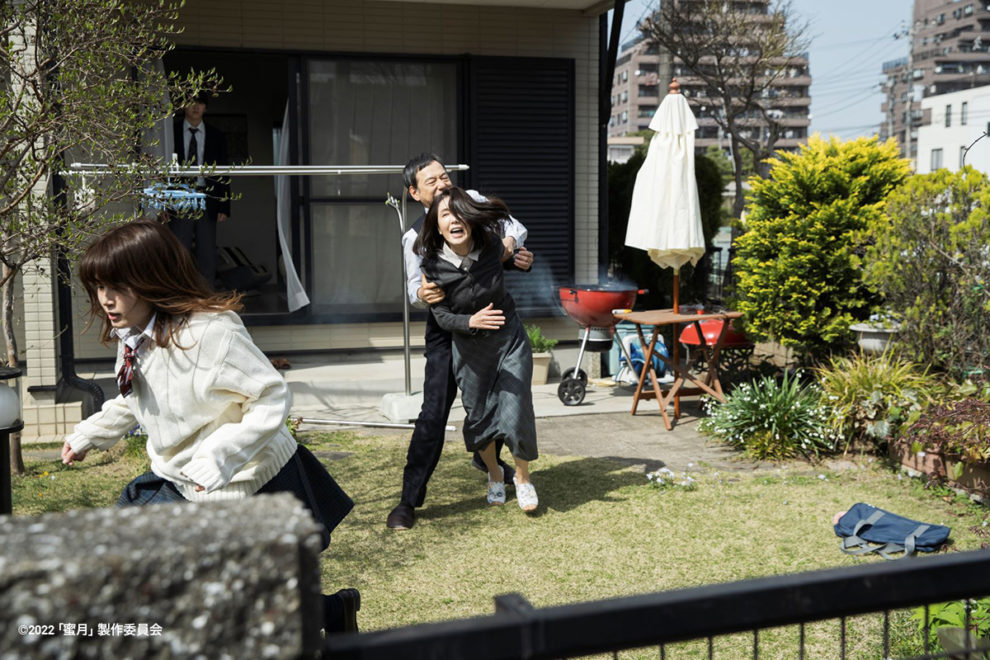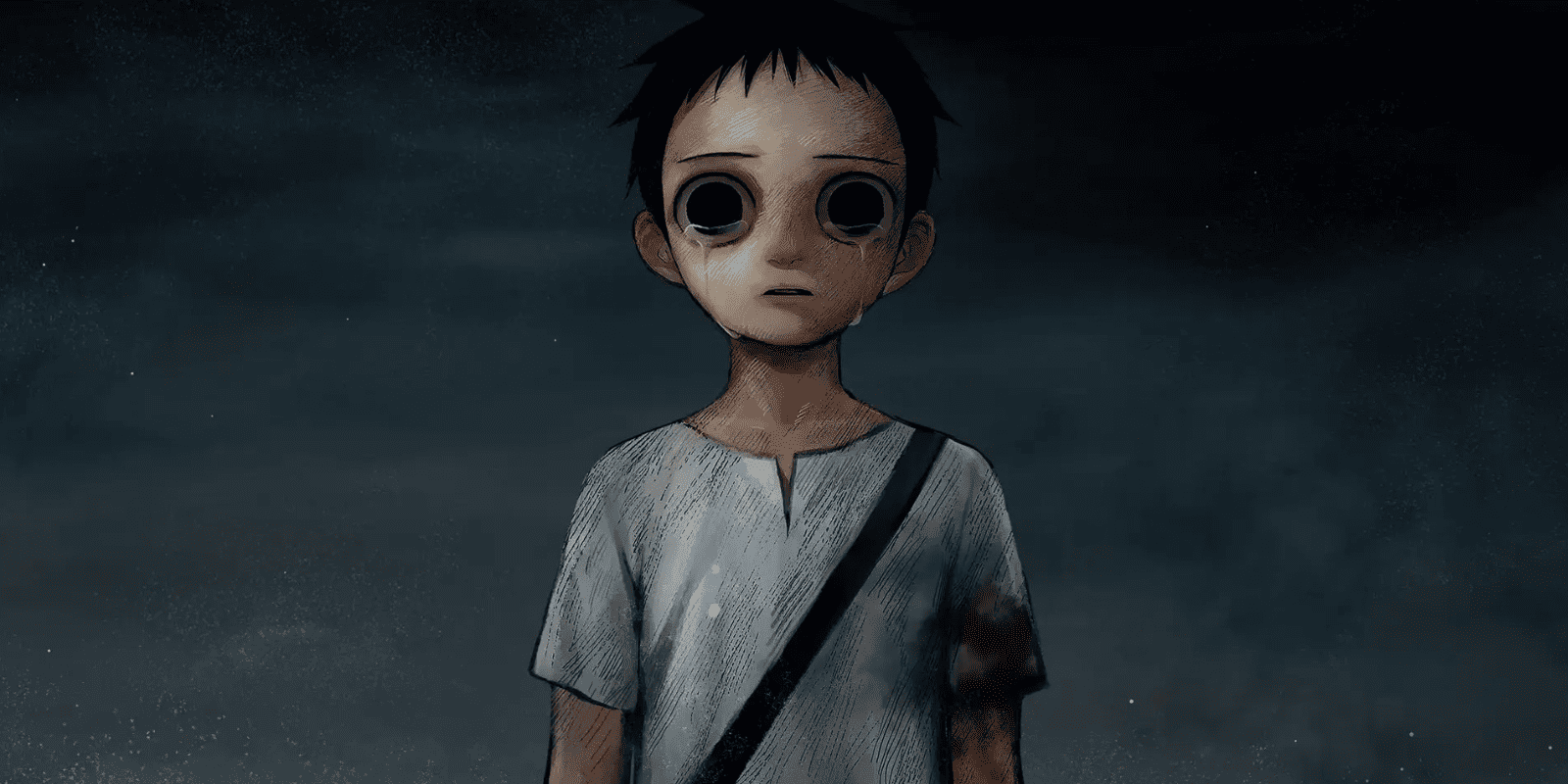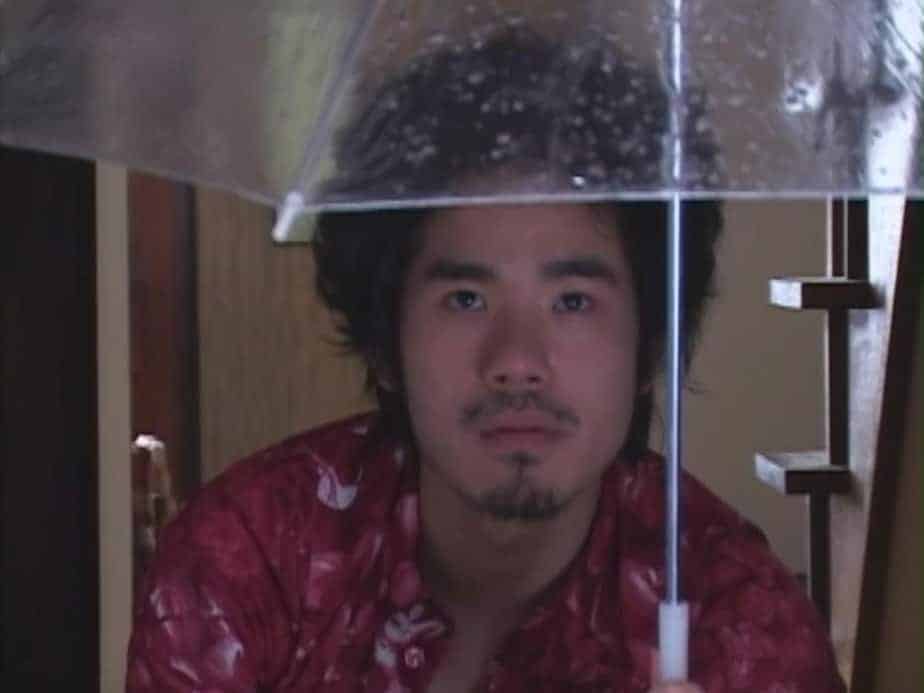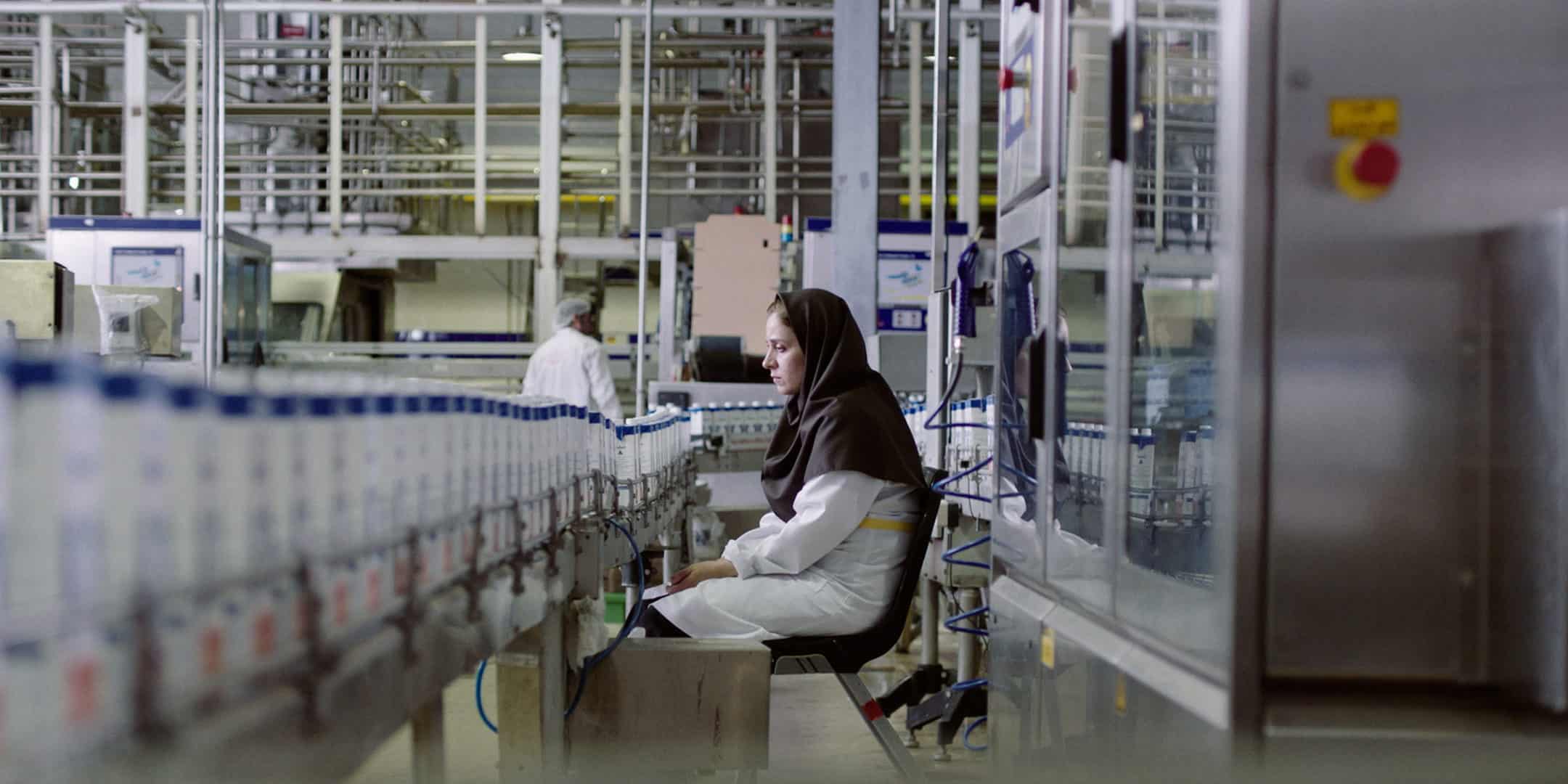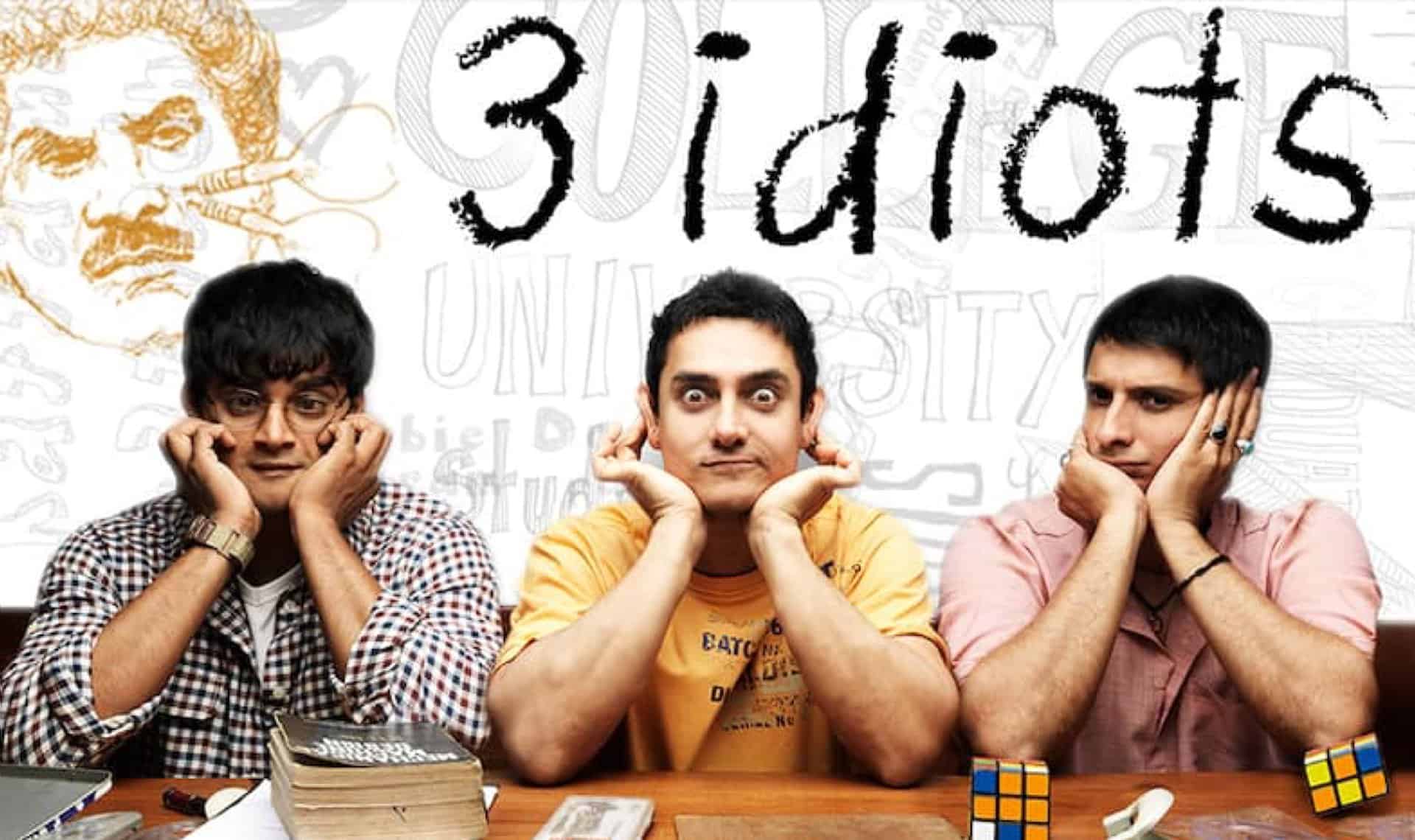The family drama genre quite frequently takes an extreme, perverse hypostasis in Japanese cinema, with the harsh realism actually being one of the trademarks of local titles. Actor/Filmmaker Hideo Sasaki stumbled upon such a script 10 years ago, written by Takehiko Minato, eventually managing to shoot a movie out of it when he met Aimi Satsukawa, who embodies the protagonist in the best fashion. The result was “Confession”.
The story starts in the present, in a house deep in the mountains, where Mizuki, a 32-year-old woman is living peacefully, almost in complete silence, with her older, potter husband. The serenity is broken, however, when her stepbrother Iori shows up along with his girlfriend, after 15 years of absence, to inform her that their mother has died. Both his and his girlfriend's attitude is somewhat contentious, and through a series of flashbacks, we soon learn why.
The movie then takes a leap backwards, when Mizuki and Iori were living under one roof with her mother and his father, and how her nymphomaniac ways and her mother's insecurity and trauma led to a disaster.
Hideo Sasaki directs a captivating movie, which thrives on a number of levels. The first one is the atmosphere, with the silence of the beginning soon giving its place into dialogue and eventually noise, thus highlighting that something is amiss regarding the characters, and particularly Mizuki, as the subtle initial scene suggests. Taking this aspect as an initial point, the way Sasaki builds up the story, with each return to the past revealing more and more shocking events, is also excellent, also in the way sex and violence eventually become central elements in the narrative. In these two regards, Shin Hayasaka's occasionally bright and cheerful, occasionally claustrophobic cinematography, and the overall editing, particularly regarding the placement of the flashbacks, also help the most.
The comments presented, about women's antagonism, which occasionally is quite evident in mother-daughter relationships, how sex can be a driving force on a number of levels, how difficult it is to resist temptation, and how people can self-destruct, occasionally without their fate being their fault, occasionally being fully responsible, are also rather impactful, essentially carrying the movie from beginning to almost the end. At the same time, that love only has very little place in the whole story, with lust and desire appearing much more dominant, showcases a rather pessimistic, but also realistic comment about human nature.

Another level the movie excels in is the acting, with Hideo Sasaki being great in the role of Mizuki, both in her femme fatale and her completely broken aspects, in a rather difficult part that also has her appearing naked a number of times. Mariko Tsutsui in the role of her mother is equally convincing as she unravels more and more as the story progresses, while Masatoshi Nagase as Mizuki's current husband highlights once more how he has perfected the role of the “silent man”.
There is a point however that dulls the impact the movie has significantly, and that is Mizuki's rather lengthy monologue close to the end, with the fact that all these revelations are presented orally instead of actual scenes, being the biggest fault here, along with the almost trademark in Japanese cinema, lagging towards the end that brings the film to 130 minutes. The monologue itself is well presented, with Satsukawa being as good as she is throughout the movie, but in general, the particular approach feels completely disconnected from the rest of the movie's style.
Apart from this issue, though, the movie is quite good, presenting a rather impactful story with artfulness, while managing to communicate a series of comments about human nature very few people would like to admit, in the most eloquent fashion.


